"Wastewater is not trash and Israel considers wastewater as a resource! I think that Israel's wastewater recycling model can be applied to Vietnam."
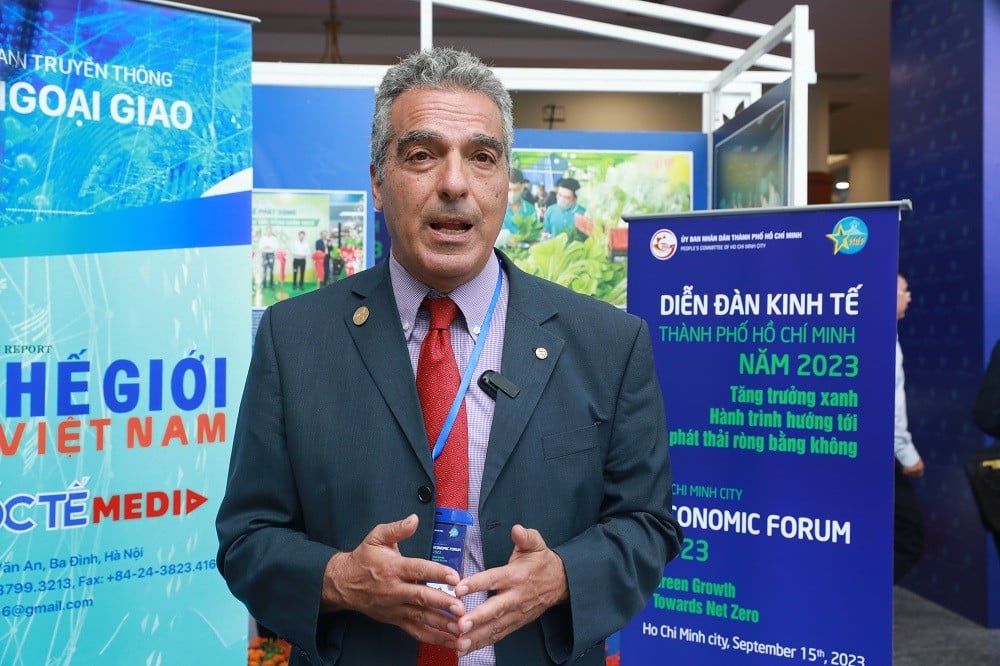 |
| Ambassador, Special Envoy for Climate Change and Sustainability of Israel Gideon Behar talks with TG&VN at the recent Ho Chi Minh City Economic Forum. (Photo: Ben Thanh) |
Ambassador, Special Envoy for Climate Change and Sustainability of Israel Gideon Behar shared with TG&VN reporter about the issue of water resource management in Vietnam.
Israel is a country with very limited water resources. Can you share about Israel's water saving model?
Israel has a very interesting model for water management. Our model is based on a four-way treatment plant. The first station is the desalination plant. We remove 70% of the salt from the drinking water source from the sea. After desalination, the water is sent to the cities and mixed with mineral water and groundwater to improve the quality and finally, it is used by the people.
In particular, Israel recycles water after use. Our country now treats and purifies 95% of all wastewater. This is a world record.
The recycled water is used for agricultural irrigation. We purify the wastewater to very high standards, with strict regulations and a tight pipeline system. Without this purified wastewater, the amount of water used for agriculture in Israel would be very low.
In Israel, water resources are very limited and people have to pay for all types of water at the same price. The water production infrastructure in Israel is very secure and there is no leakage or loss of water. Only about 3% of the water in Israel is lost, which is also a world record.
The Israeli government and people are very conscious and aware of saving water. We try to save water in all circumstances, not turning on the tap or taking long showers. Therefore, the amount of water used per capita in Israel is always the lowest among developed countries.
On April 10, the Israeli cabinet unanimously approved a plan to reduce greenhouse gases and increase energy efficiency to promote economic development. What has Israel done to reduce the greenhouse effect and environmental damage, sir?
Israel is passing a final law on greenhouse gas emissions reduction. We are aiming to achieve zero emissions by 2050, just like Vietnam. Israel is reducing emissions by 30% by 2030 and increasing the share of renewable energy, especially solar energy.
In parallel, Israel is moving towards electric vehicles. The country is gradually closing all existing coal-fired power plants. In the next two years, we hope to be coal-free, with natural gas and solar power as our energy sources. The country is also aiming to be gas-free by 2050.
| Vietnam and Israel have ratified a Free Trade Agreement (VIFTA). This FTA will facilitate Israeli investment in Vietnam and promote technology transfer, business and trade between the two countries. |
In the near future, we plan to sign an agreement to purchase solar energy from our neighbor Jordan, which is a larger country with more space to build solar power systems.
In your opinion, what is the current water situation in Vietnam? Can Vietnam apply Israel's method?
I think Vietnam should pay attention to the water issue. We see that the quality and quantity of water in Vietnam is declining, especially in the Mekong Delta region.
In my personal opinion, Vietnam can apply the Israeli wastewater recycling model. Wastewater treatment and recycling is very important. We should not "dump" wastewater into the natural environment, rivers, lakes or seas. Wastewater is not trash, Israel considers wastewater as a resource! Therefore, it can be used to serve human interests.
I think that the Israeli wastewater recycling model can be applied to Southeast Asian countries. What Vietnam is doing and can focus on is limiting water loss.
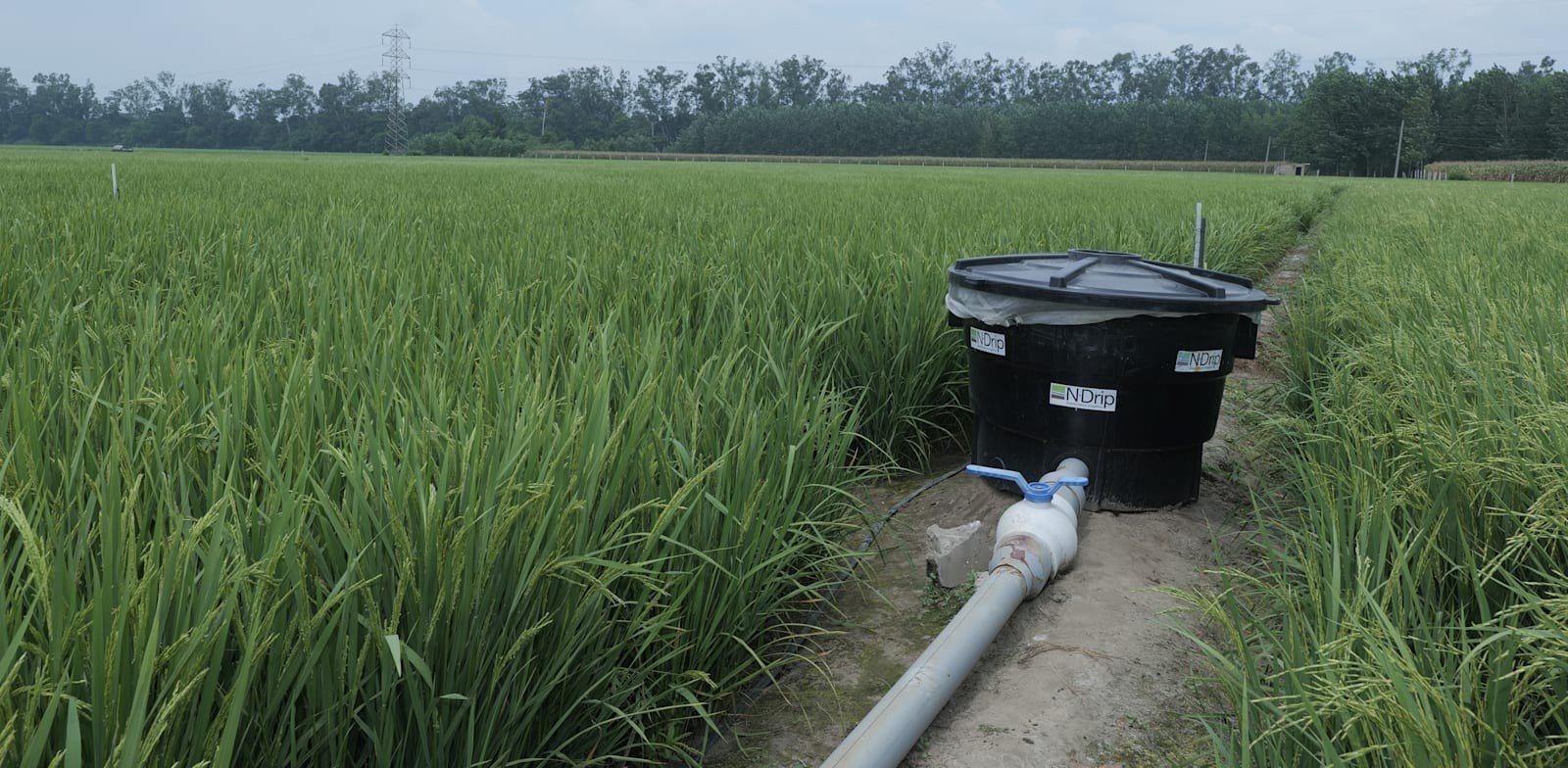 |
| Drip irrigation system of agricultural technology company N-Drip, Israel. (Source: Globes) |
As I mentioned, Israel only loses 3% of its water due to leaks. Vietnam’s figure is much higher. However, the solution is very simple, related to government regulations. For example, Vietnam could reduce water pressure late at night, when people do not use much water.
In addition, Vietnam can apply systems and methods to detect water loss. For example, installing sensors in pipes, or using satellites and drones to detect leaks and water loss in the system.
| Israel recycles water after it is used. The country now treats and purifies 95% of its total wastewater. This is a world record. |
In particular, in my opinion, the Israeli method of growing rice using drip irrigation technology will be very interesting for Vietnam. The Israeli company Netafim has developed many different rice varieties suitable for drip irrigation.
Drip irrigation technology helps Vietnam save a large amount of water, while also helping Vietnam reduce methane emissions when growing rice, thereby helping the country achieve its goal of net zero emissions by 2050.
How do you assess the potential for water cooperation between Israel and Vietnam?
Vietnam and Israel have great potential for water cooperation. The Embassy of Israel in Vietnam has organized many in-person and online seminars for businesses of both countries to learn from each other and apply Israeli technology in Vietnam.
Currently, there are many Israeli companies working in Vietnam and transferring know-how and technology. The Israel Agency for International Development Cooperation (MASHAV) is also very active in Vietnam.
Meanwhile, many Vietnamese experts have come to Israel for training or field visits to examine the benefits that Israel's water model brings.
Most recently, Vietnam and Israel have ratified a Free Trade Agreement (VIFTA). I hope that this FTA will facilitate Israel’s investment in Vietnam and promote technology transfer, business and trade between the two countries.
In the future, the two countries plan to connect direct flights, which will help businesses from both sides travel and meet each other more easily, opening up many new opportunities for bilateral cooperation.
Israel values its relations with Vietnam. Vietnam is a friendly country. This year, the two countries celebrate 30 years of diplomatic relations. We look forward to promoting cooperation with Vietnam in all aspects such as renewable energy, agriculture, innovation, water resources or any other areas of common interest.
I believe that the two countries can cooperate well together, develop and build a better world.
Thank you!
Source


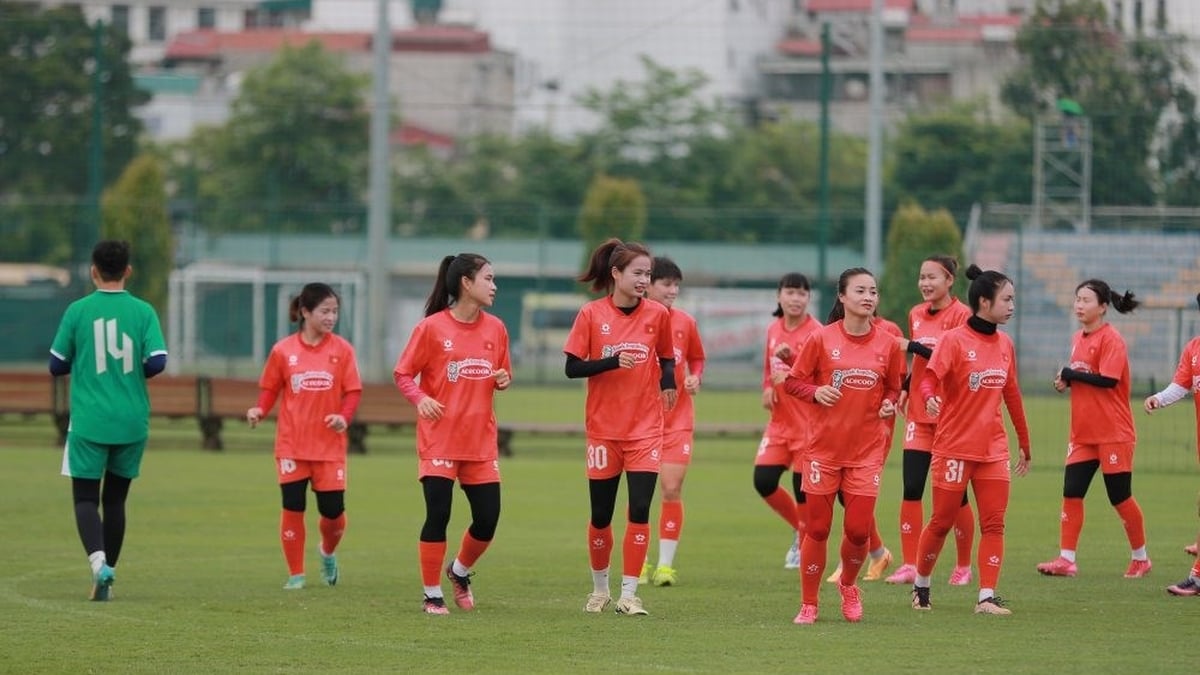
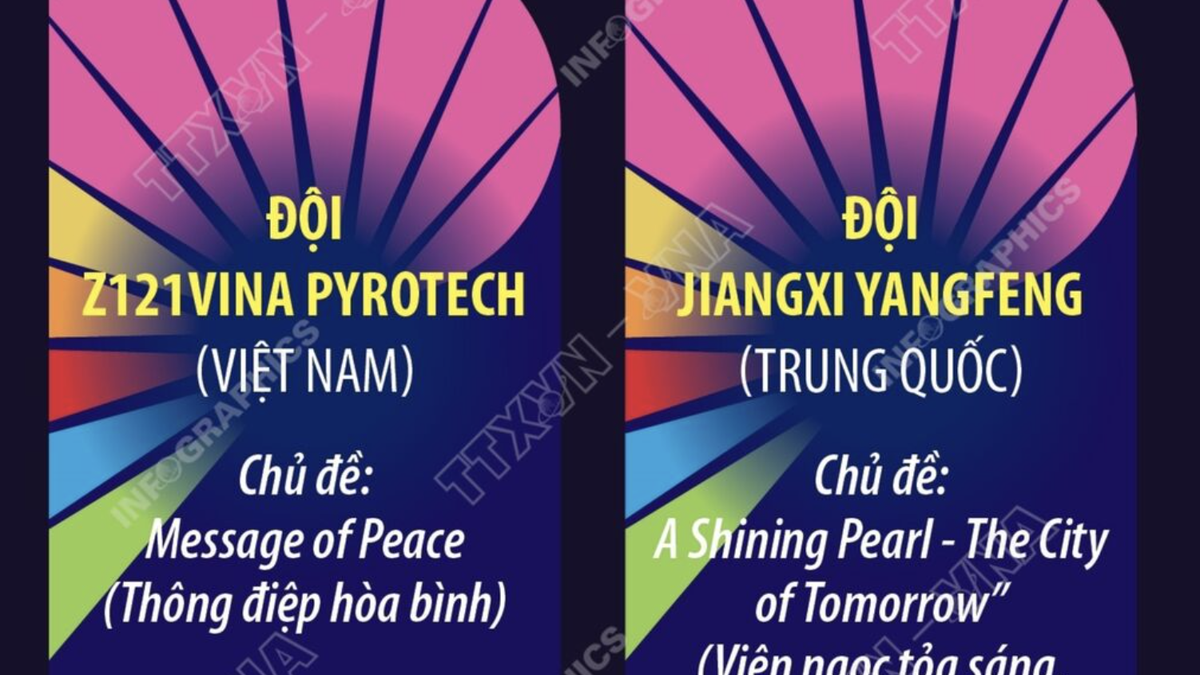
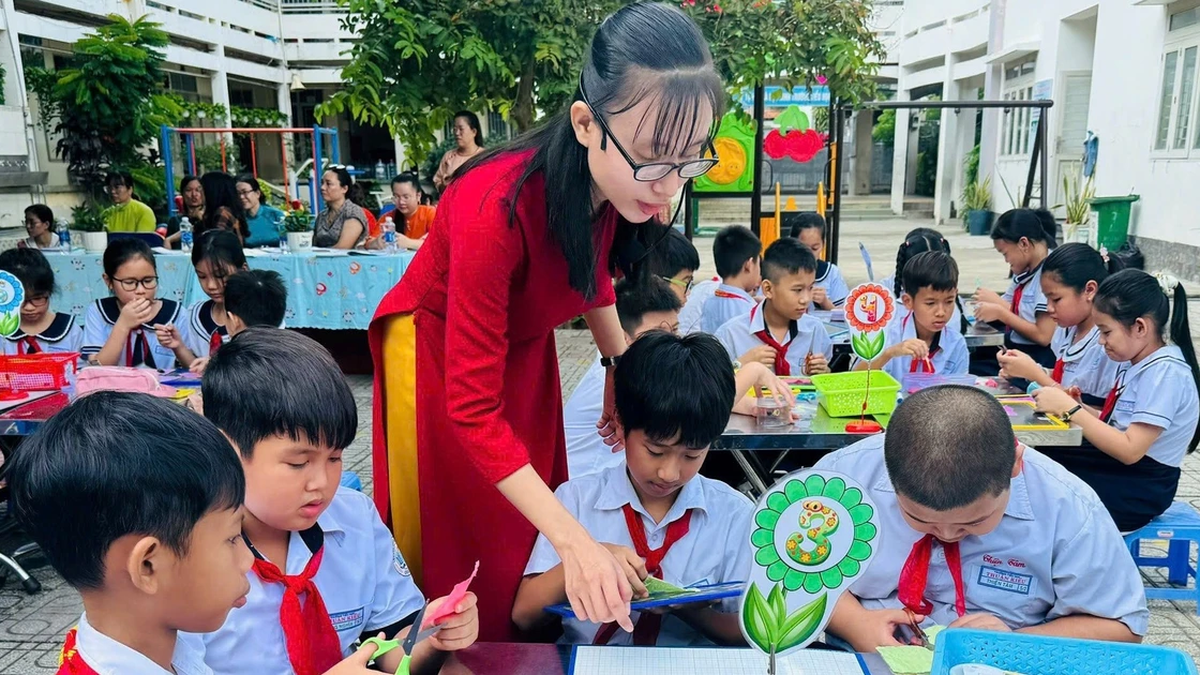
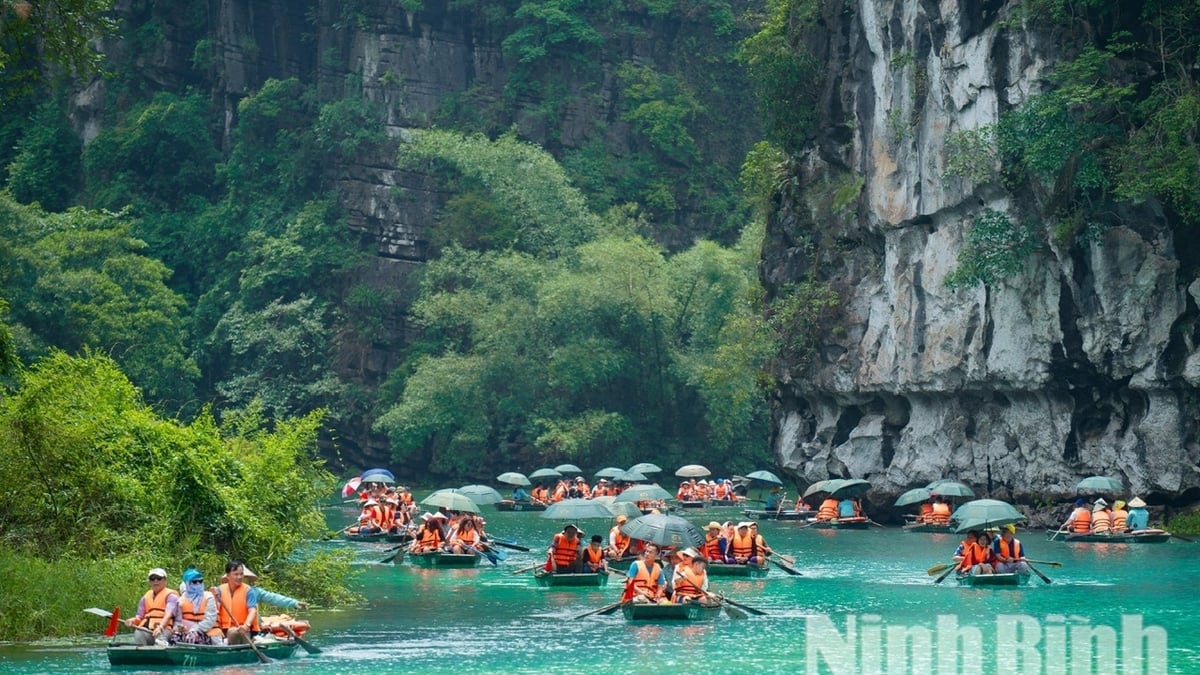

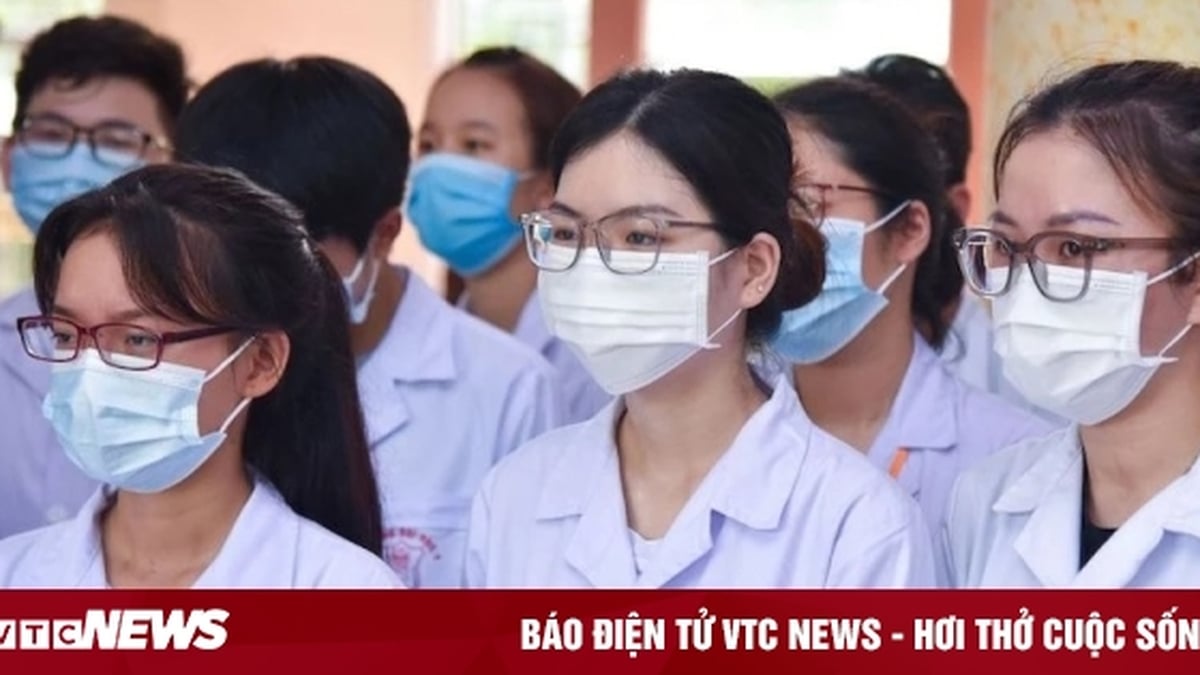

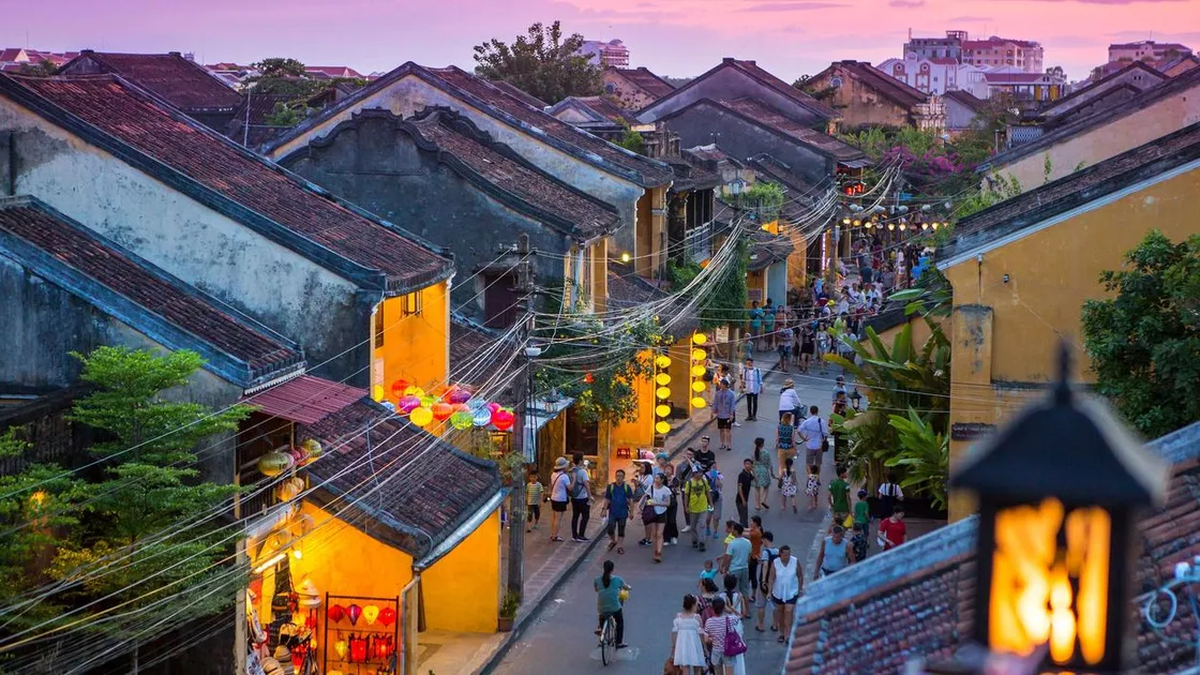
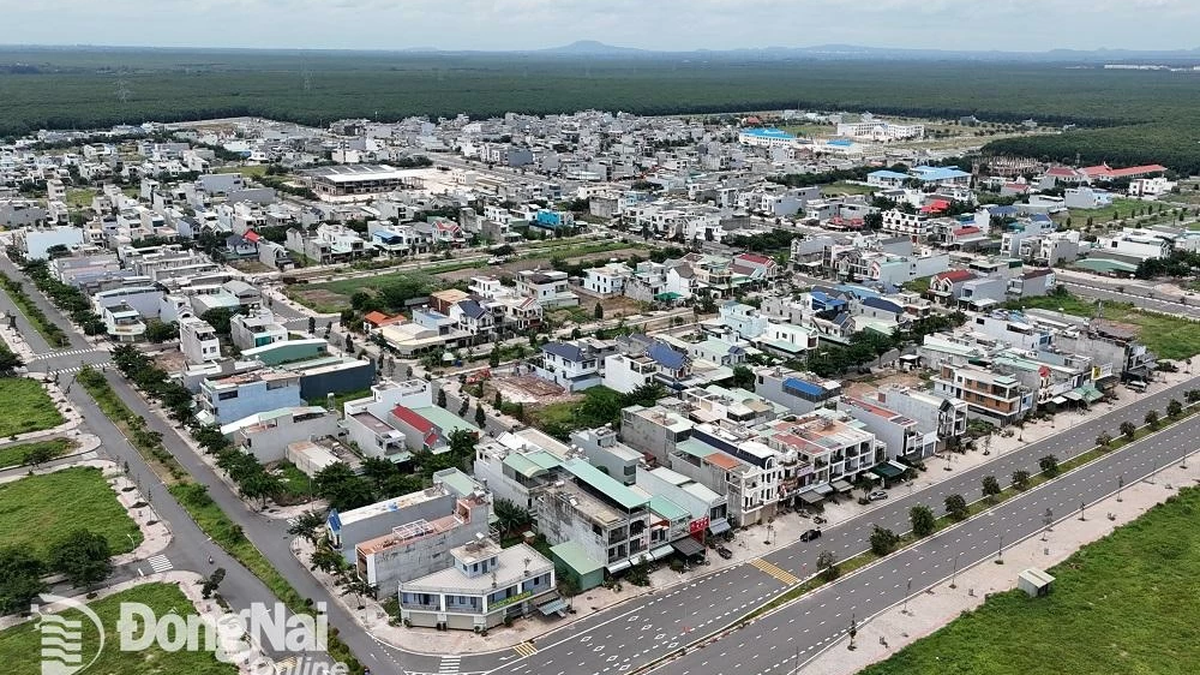
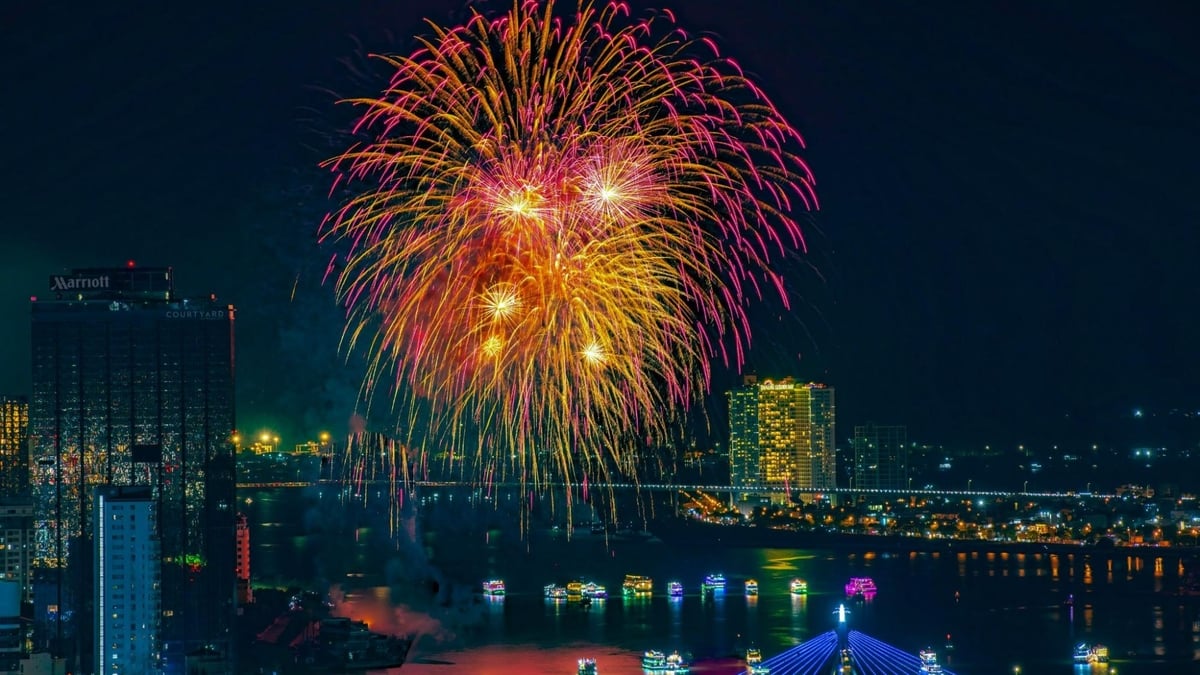














![[Photo] Gia Lai provincial leaders offer flowers at Uncle Ho's Monument with the ethnic groups of the Central Highlands](https://vphoto.vietnam.vn/thumb/1200x675/vietnam/resource/IMAGE/2025/7/9/196438801da24b3cb6158d0501984818)









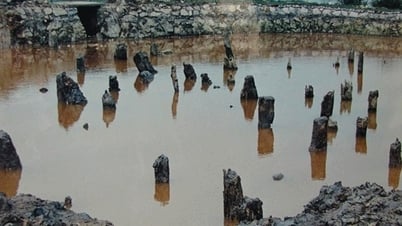

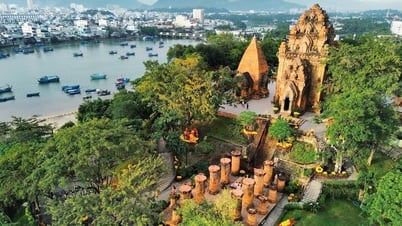



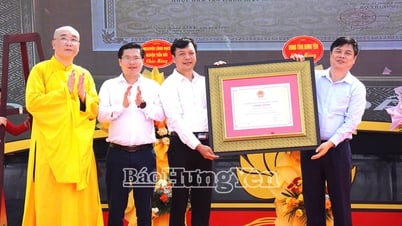

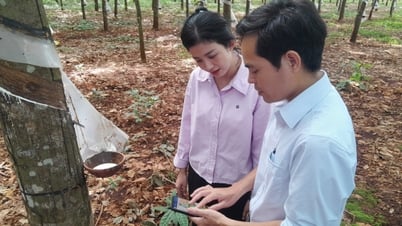

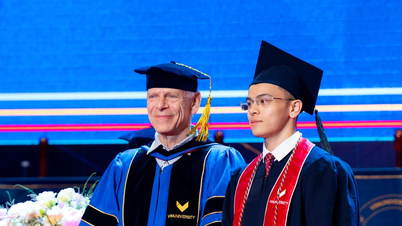

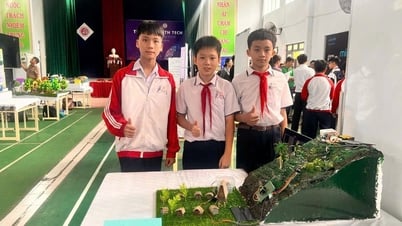
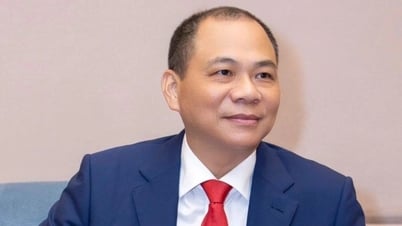

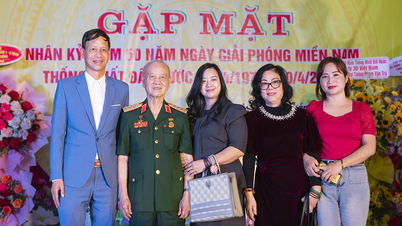











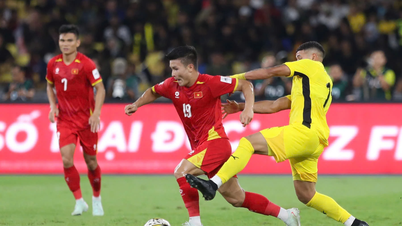
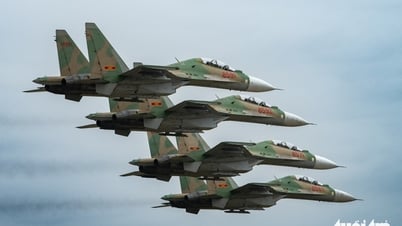

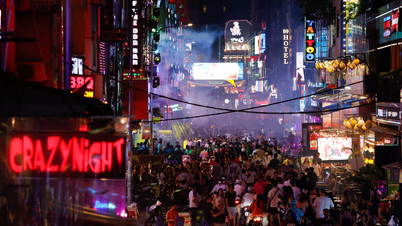
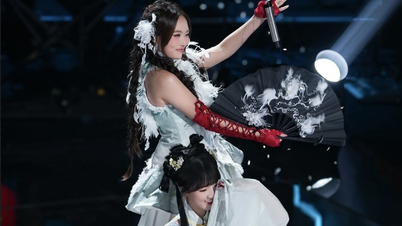
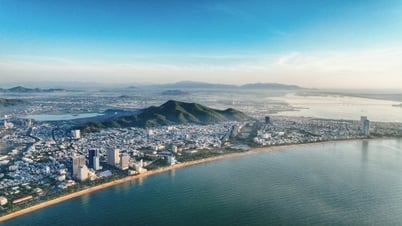
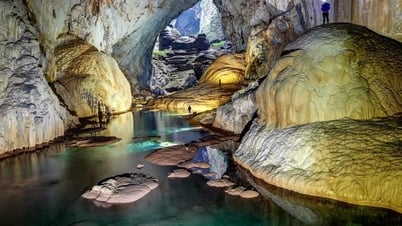


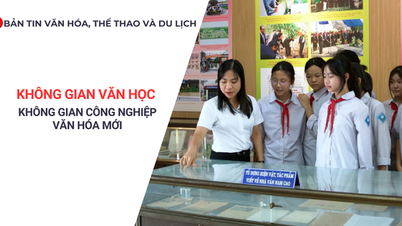


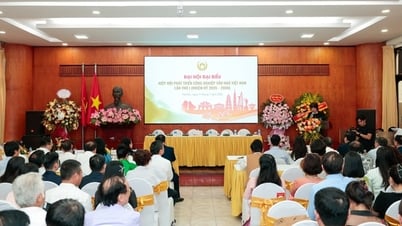
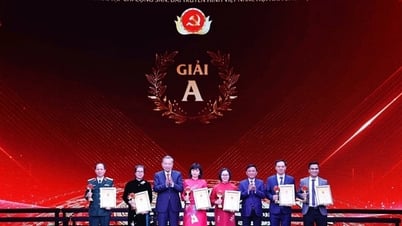
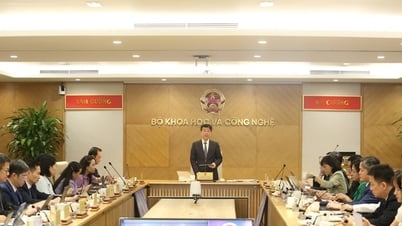























Comment (0)